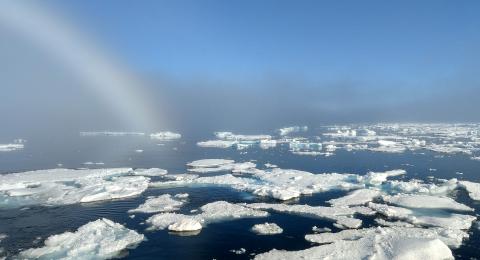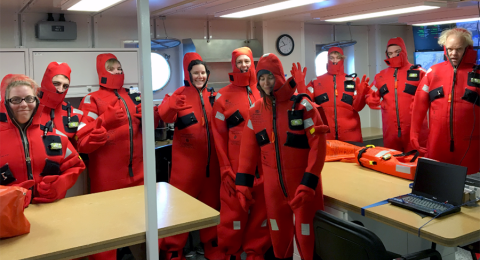Center for Acoustics Research and Education
At the Center for Acoustics Research and Education (CARE), researchers focus on how sound on land, in air, and under water can be used to monitor and assess impacts relating to national security concerns, food security, energy, environment, and health.
Recent News

From Online Discovery to Desert Research
From Online Discovery to Desert Research
Graduate student Anna Frisbie explores how natural soundscapes shape visitor experiences at Saguaro National Park
Article
Five Graduate Students, Alumni Receive NSF Graduate Research Fellowships
Five Graduate Students, Alumni Receive NSF Graduate Research Fellowships
Prestigious STEM award includes stipend, tuition
Article
UNH Scientist Named 2023 Kavli Fellow
UNH Scientist Named 2023 Kavli Fellow
National Academy of Sciences program recognizes outstanding young scientists
ArticleEvents
There are no items to display.
View All Events

